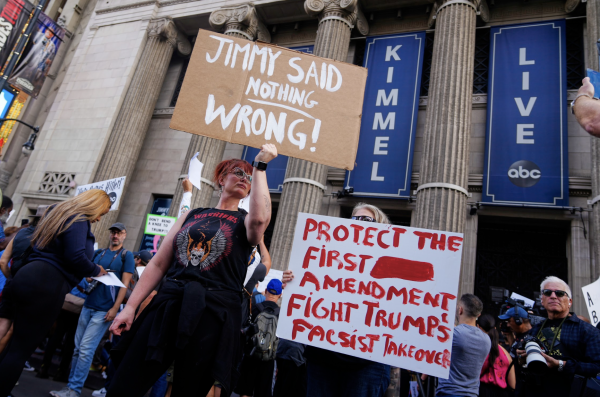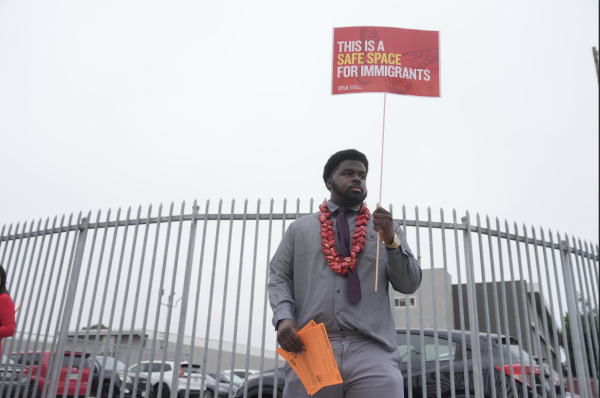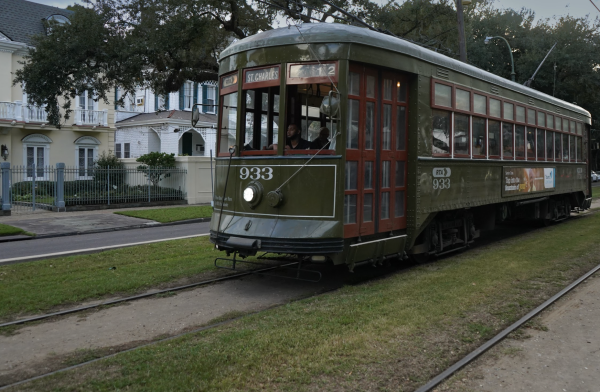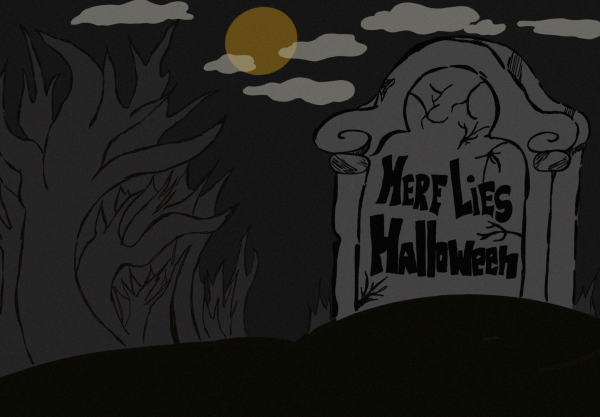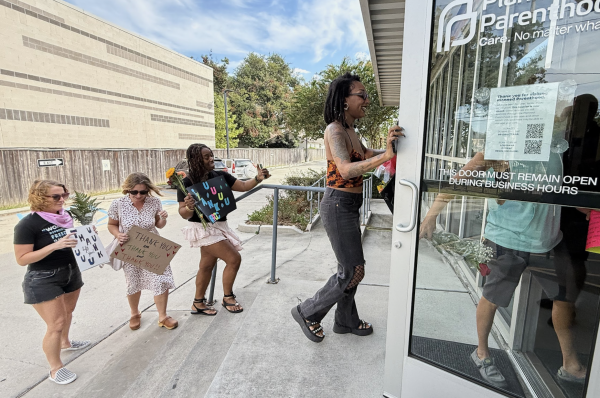Editorial: Lighting the way
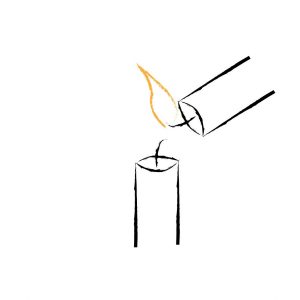 For the fourth time this semester, our community has been hit with the massive heartache that comes from having a friend lose his life. News of the most recent loss traveled quickly, and so did our expressions of concern for each other. After this new tragedy, we have learned to look after each other, make sure that our friends are OK and let them know that we care about and are there for them.
For the fourth time this semester, our community has been hit with the massive heartache that comes from having a friend lose his life. News of the most recent loss traveled quickly, and so did our expressions of concern for each other. After this new tragedy, we have learned to look after each other, make sure that our friends are OK and let them know that we care about and are there for them.
While the response by students and faculty has been remarkable so far, we can’t forget how fragile we all are in the face of tragedy. Loyola recognizes this and has plans in the works to address it. The Office of Student Affairs, University Counseling Center, Office of Mission and Ministry and Office of Marketing and Communication are working together to create messaging and generate awareness of the programs and resources that are available to us.
This is a welcome and necessary step and we can help highlight different areas where we see different needs among our friends and fellow students.
Students are notorious for taking themselves too seriously and thinking that we’re stronger than we really are. After four deaths, it’s likely that many of us are at risk of mental or emotional problems, though we might not realize it and seek out the help that we really need.
In light of this, our hope is that the university will be aggressive in putting counselors in front of students. It might benefit a great number of students to have a seminar where students are given some training in identifying mental and emotional health problems. This could only help students be able to better identify problems within themselves and their friends.
Another option that Loyola could consider offering its students is a forum where we can come together and talk about these deaths in a group setting. Some students might not want to have individualized one-on-one counseling, and others might want to know that their voices are being heard. This could be an opportunity to get some people to cope who wouldn’t otherwise.
We welcome whatever effort Loyola gives to help our community heal, and we have full faith and confidence that they will avoid a solely passive approach that plasters bulletin boards with posters, makes social media posts and sends out emails that have been sterilized by every public relations person on campus.
The Maroon published an editorial in February which encouraged the community to unite in solidarity and love for one another. There have been two more devastating deaths since then, and it’s beautiful to see students and faculty come together to do that and hold each other up.
In the midst of crisis, people can escape into a hole of drug abuse. We have to hold each other accountable to avoid that from happening. Whenever we see people who are important to us struggle with depression or drug abuse, we should show our care for them and encourage them to seek the help that they need. While there are resources available on the Counseling Center’s website, they can be difficult to find and could be more front-and-center. Loyola also has an amnesty policy which allows students to come forward about drug abuse without getting in trouble. We should take advantage of that so ourselves and our friends can get the support that could make things more bearable.
The accountability doesn’t stop with each other. It goes beyond our relationships with friends. Accountability applies to our relationship with Loyola University. If students don’t feel that Loyola is providing the resources that it should, we encourage them to express that. Email the heads of the departments, speak with your student government – where have you been, by the way? – and send letters to The Maroon to let us know your concerns. Likewise, if Loyola doesn’t feel that the student body is following the policies which are in place to keep us safe, then we should be held accountable to that.
We have been hit by four members of our family dying. We don’t have to be OK yet, but we do have to get there. We can start by holding up a light to each other — a light of accountability, respect, help and love.

R. Gage is an economics junior and the Managing Editor for Electronic Properties. He was previously a guest columnist and the Opinion and Editorial Editor....
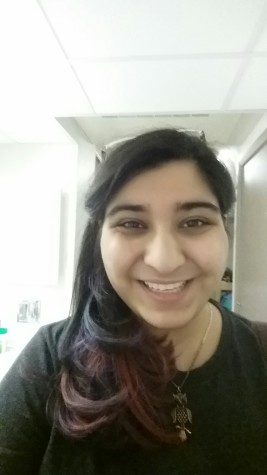
Naasha Dotiwala is a political science senior with a minor in mass communication and psychology. After serving three terms as Design Chief, Naasha is excited...


